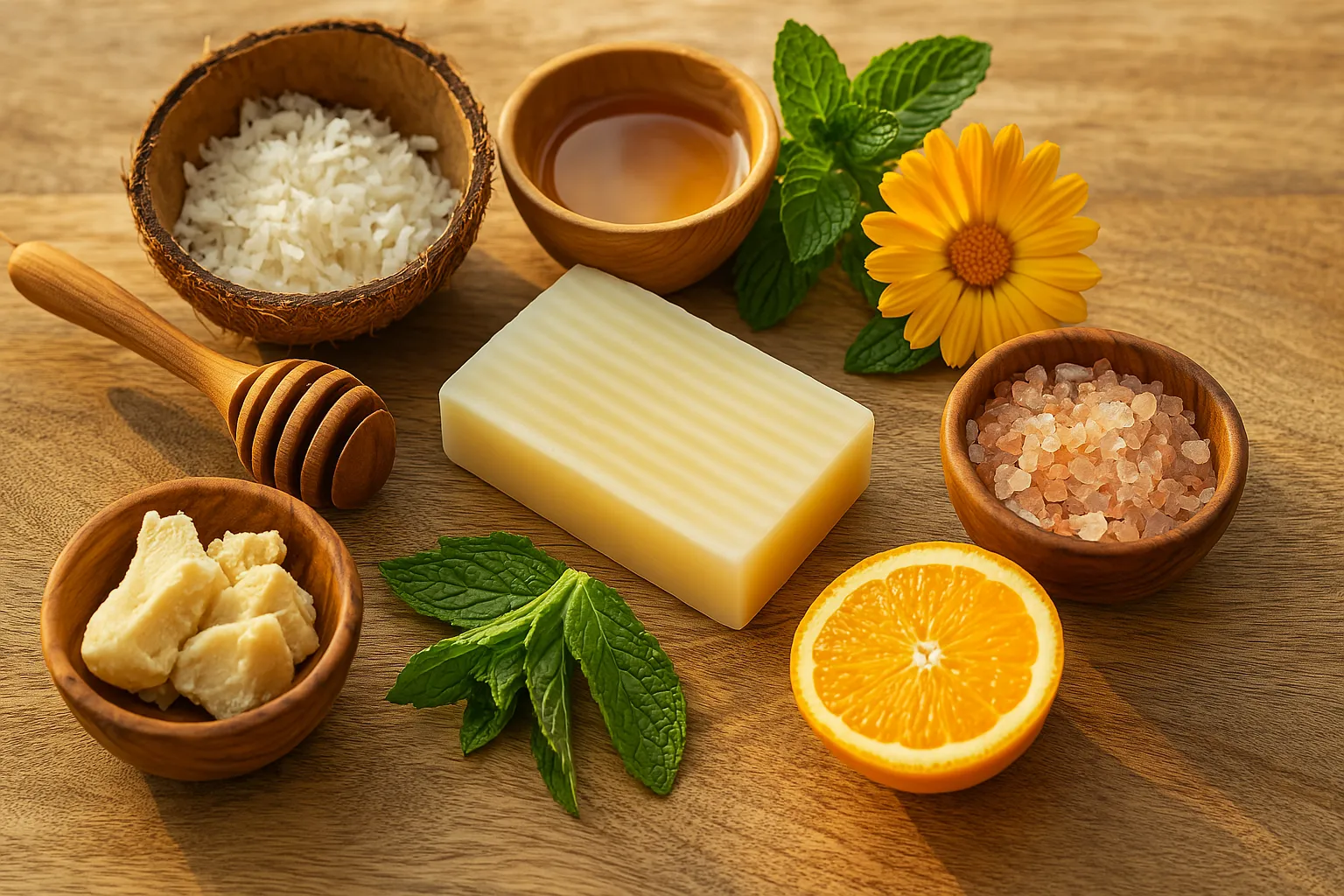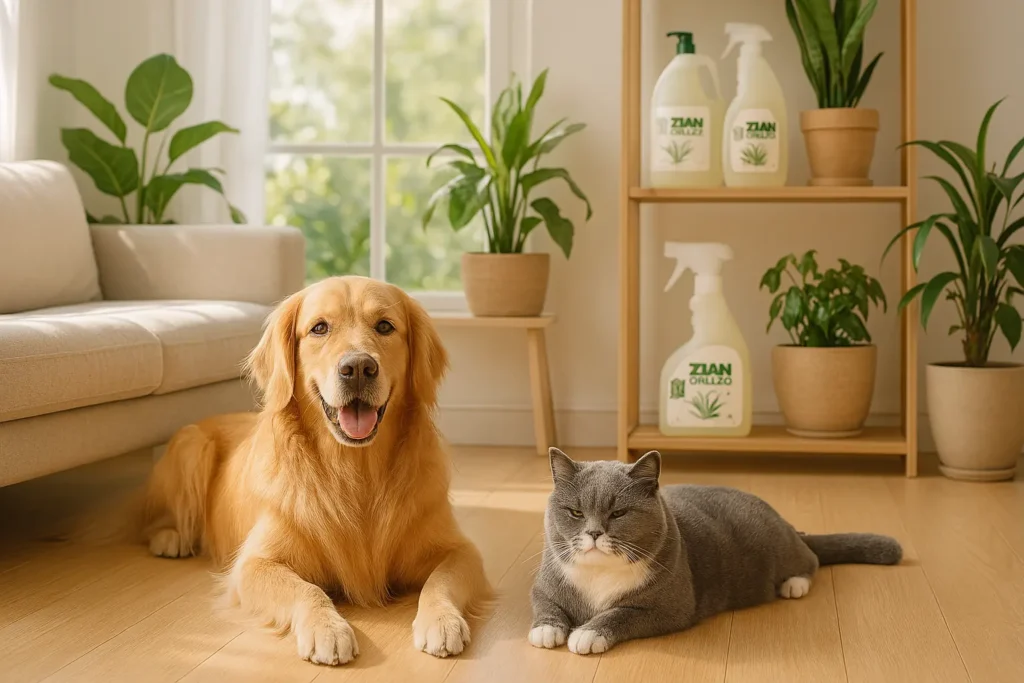Maintaining a clean home is essential for health and comfort. However, the products we use to achieve this cleanliness can have unintended consequences on both our well-being and the environment. Conventional cleaning products often contain chemicals that, while effective at removing dirt and grime, pose significant environmental and health risks.
Understanding the Environmental Impact of Cleaning Products
Conventional cleaning products contribute to a wide range of environmental problems. From air and water pollution to plastic waste and biodiversity loss, their impact is widespread.
Key Environmental Concerns
| Environmental Issue | Description |
|---|---|
| Water Pollution | Chemicals enter waterways, affecting aquatic life and ecosystems. |
| Air Pollution | VOCs contribute to indoor air pollution and ground-level ozone formation. |
| Soil Contamination | Residues from cleaning products can alter soil chemistry. |
| Plastic Waste | Non-recyclable packaging adds to landfills and marine litter. |
| Carbon Footprint | Manufacturing and transportation increase greenhouse gas emissions. |
Harmful Chemicals in Home Cleaning Products
Many traditional cleaning agents are formulated with chemicals that can be detrimental to human health and the environment. Common harmful substances include:
- Volatile Organic Compounds (VOCs): Found in products like aerosol sprays and air fresheners, VOCs can cause respiratory issues and contribute to indoor air pollution.
- Phosphates: Often used in detergents, phosphates can lead to water pollution by promoting excessive algae growth, which depletes oxygen in waterways and harms aquatic life.
- Chlorine Bleach: Common in disinfectants, chlorine can release toxic compounds into the environment, posing risks to both human health and wildlife.
- Ammonia: Found in glass and surface cleaners, ammonia can irritate the skin, eyes, and respiratory system.
Eco-Friendly vs. Conventional Cleaners
Eco-friendly cleaning products are designed to minimize environmental impact and reduce health risks. Here are some key differences:
Comparison Table
| Feature | Conventional Cleaners | Eco-Friendly Cleaners |
| Ingredients | Synthetic chemicals, fragrances | Natural, plant-based, non-toxic |
| Biodegradability | Often low | High |
| Packaging | Plastic, rarely recyclable | Recycled, reusable, biodegradable |
| Health Impact | Can cause allergies, irritation | Safer for sensitive individuals |
| Environmental Impact | High | Low |
Embracing Sustainability at Home
Incorporating sustainable practices into your cleaning routine can have lasting benefits for both the environment and personal health. Consider the following steps:
Sustainable Cleaning Practices
- Use Natural Cleaning Agents: Ingredients like vinegar, baking soda, and lemon can effectively clean various surfaces without the need for harsh chemicals.
- Opt for Reusable Cleaning Tools: Replace disposable wipes and paper towels with washable cloths and mop heads to reduce waste.
- Proper Disposal: Ensure that any hazardous cleaning products are disposed of according to local regulations to prevent environmental contamination.
- Buy in Bulk: Reduces packaging waste and transportation emissions.
- DIY Cleaning Products: Make your own cleaners using simple ingredients at home.
The Future of Green Cleaning
With increasing awareness about climate change and environmental protection, the demand for eco-friendly products is rising. Regulatory bodies are also pushing for more transparency and safer ingredients in household products.
Benefits of Switching to Green Cleaning
- Improved indoor air quality
- Reduced risk of allergies and chemical sensitivities
- Lower environmental footprint
- Support for ethical and sustainable brands
- Cost savings over time with reusable and DIY options
Conclusion
The shift from conventional to eco-friendly cleaning products is a meaningful step toward reducing environmental harm and enhancing personal health. By being mindful of the chemicals present in household cleaners and opting for sustainable alternatives, individuals can play a crucial role in promoting a cleaner, greener planet.



